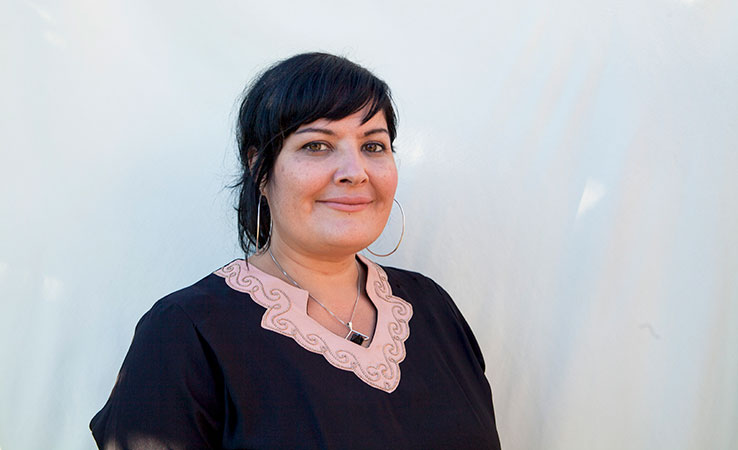Kayla DeMong considers it a sign of success if her clients keep showing up.
DeMong is the executive director of Prairie Harm Reduction. The organization provides supports to people who use drugs, including Saskatchewan’s only supervised consumption site in Saskatoon’s Pleasant Hill neighbourhood.
As a rule, the group doesn’t require abstinence in order to access its services, which sets them apart from some other addiction services.
“When we force people or manipulate them to seek abstinence as a part of engaging in support services, we’re just creating a cycle for them of disappointment and a lot of difficulty ahead,” said DeMong.
Advocates say that harm reduction aims to meet people where they’re at. That can mean supporting someone to continue using drugs in a supervised way amid rising overdose-related deaths.
Some support programs, like housing and employment services, require clients to completely give up drug use before accessing them.
Not only can that create barriers to getting care and assistance, DeMong says, it also perpetuates the idea that someone lacks value because they use drugs.
“In the long run, it [abstinence] limits their ability to engage in services and create community and build relationships with positive support,” she said.
Prairie Harm Reduction’s supervised injection site provides spaces for people to use different kinds of drugs in a safer setting, and a community centre that offers access to other support services.
Harm reduction common in medicine
There are few areas in health care that require absolute abstinence or compliance to receive care.
“Harm reduction is something we do in medicine all the time, because if we only are going to treat good patients, we don’t treat anybody,” said Eugenia Oviedo-Joekes, a University of British Columbia scientist and Canada Research Chair in person-centred addiction care.
She says that when it comes to other chronic illnesses, such as diabetes or heart disease, patients aren’t turned away if they refuse to give up sugar or visit the gym.
“It seems that in addiction, suddenly we have this high bar for people: If you don’t stop using drugs, I’m not going to treat you,” said Oviedo-Joekes.
Focusing solely on a person’s drug addiction can also ignore conditions that may be exacerbating drug use, like past and present trauma, housing and financial insecurity, and physical and mental health issues.
Not requiring abstinence in order to access services “means that people can walk in somewhere and, right away, someone’s there to talk to them,” said Zoë Dodd, community scholar at the MAP Centre for Urban Health Solutions at Unity Health in Toronto.
“[Harm reduction] makes space for building relationships with people and actually getting to know them, which is, I think, the biggest part of harm reduction,” Dodd said.

